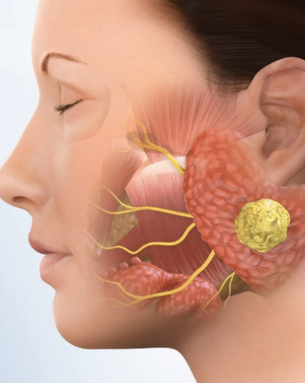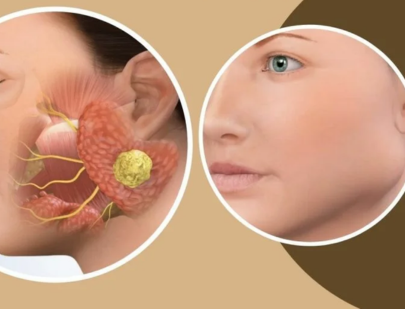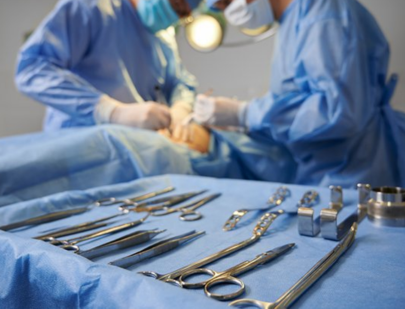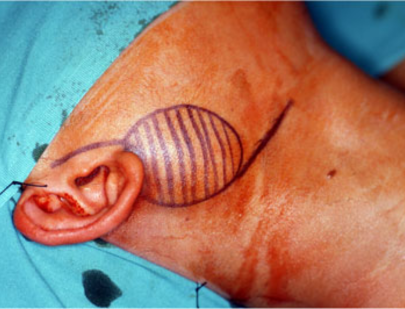Phone : +918802081838


Parotid surgeries
Clear and Complete Insights into Head and Neck Cancer
Understanding the Parotid Gland and Its Function
The parotid glands are the largest of the salivary glands, located on either side of the face, just in front of the ears. These glands play a crucial role in digestion by producing saliva, which helps break down food and facilitates swallowing. Saliva also contains enzymes that initiate the digestive process and helps maintain oral health by neutralizing acids and reducing bacterial growth. Proper functioning of the parotid glands is essential for both digestion and maintaining oral hygiene.
Diagnostic and Preoperative Considerations
Before parotid surgery, thorough diagnostic evaluations are essential for a successful outcome. Imaging studies such as ultrasound, CT scans, and MRI are used to accurately locate and assess the nature of any tumors or lesions within the parotid gland. These imaging techniques help determine the extent of the disease and plan the surgical approach. A detailed preoperative assessment also includes evaluating the patient's overall health to ensure they are fit for surgery and to anticipate any potential issues.
Postoperative Care and Follow-Up
Following parotid surgery, patients require attentive postoperative care to ensure proper recovery. Monitoring for swelling and wound healing is crucial, as well as checking for any signs of nerve function impairment. Pain management and drainage of any accumulated fluids are typically needed. Long-term follow-up visits are important for assessing recovery, checking for any recurrence of tumors, and ensuring the parotid gland functions properly. Regular check-ups help address any ongoing issues and support overall health.
Conditions Requiring Parotid Surgery
Common reasons for surgical intervention

- Parotid Tumors: Presence of benign or malignant growths in the gland
- Salivary Duct Obstruction: Blockage causing pain and swelling in the parotid gland
- Chronic Infection: Persistent infections not responsive to other treatments
- Parotid Stones: Formation of stones causing gland dysfunction and discomfort
- Recurrent Cysts: Repeated formation of cysts requiring surgical removal
Key Surgical Techniques in Parotid Surgery
Effective approaches for treating parotid issues

- Superficial Parotidectomy: Removal of the outer portion of the parotid gland
- Total Parotidectomy: Complete removal of the parotid gland for extensive cases
- Parotid Duct Reconstruction: Repair or reconstruction of the salivary duct if damaged
- Facial Nerve Preservation: Techniques to avoid damage to the facial nerve during surgery
- Salivary Stone Removal: Extraction of stones causing obstruction in the parotid duct
Common Complications in Parotid Surgery
Potential risks and management strategies

- Facial Nerve Injury: Risk of damage to facial nerve affecting facial expressions
- Infection: Potential for postoperative infections at the surgical site
- Salivary Fistula: Leakage of saliva through the wound or surgical site
- Swelling and Hematoma: Accumulation of fluids leading to swelling and bruising
- Persistent Pain: Ongoing discomfort or pain at the surgery site
- Ensure Expert Oncologist for your Health
Dr. Khyati Bhatia Grover.All Rights Reserved © 2025






